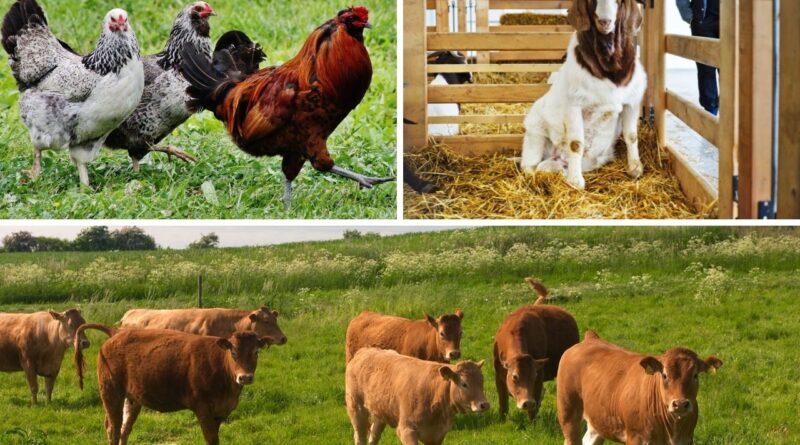How To Manage Farm Animal Manure
Fresh animal manure is usually moist, with its consistency ranging from firm to moist or even a slurry. Depending on the animal and what it ate, the manure may have a mild earthly odor or a strong unappealing odor. In this article, we will look at handling manure from the most popular animals found in Kenyan gardens or farms.
Goat / Sheep / Rabbits
This category produce relatively dry pelletized waste.
Cattle
Cow dung can be cakey or runny depending on what they eat.
Poultry
Poultry manure tends to be drier but it is very concentrated because birds do not urinate.
Manure as a Fertilizer
Animal manures are a good source of Nitrogen and plant nutrients. The solid part of manure differs from the liquid form in its chemical properties. In order for plants to use Nutrients they must be in soluble (available) form. Manure holds nutrients in both available and decomposable (slow release) fertilizer. The fecal matter contains the decomposable fertilizer which comes in the form of undigested solids. While the Urine contains the soluble (available) fertilizer which comes in the form of dissolved nutrients.
Using Manure
Whilst animal manure contains nutrients that are beneficial to plants in various forms, the proportions available may be different from what the crops need to grow well. Manure also contains other matter such as saw dust, straw and other bedding materials that may have been used in the animal pen or coop. This matter is referred to as brown matter which is rich in carbon. Carbon is essential for the soil because soil bacteria uses the carbon for their energy source and the nitrogen from the manure for protein in their tissues. The ratio between the carbon and nitrogen is critical. A C:N ratio of 30:1 decomposes quickly and efficiently making the nutrients available to plants. If the carbon ratio is higher than the nitrogen the soil bacteria will steal the nitrogen otherwise needed for plant growth.
Storing Manure
Farm animals excrete more than you can use in the farm or garden. They also need their spaces and environment cleaned to avoid disease. This means that you will need a place to store your manure. Piling manure on a secluded section of the garden is good enough. However the best option is to compost it. Nutrient loss is miminal in composting. You can read more about composting here.

